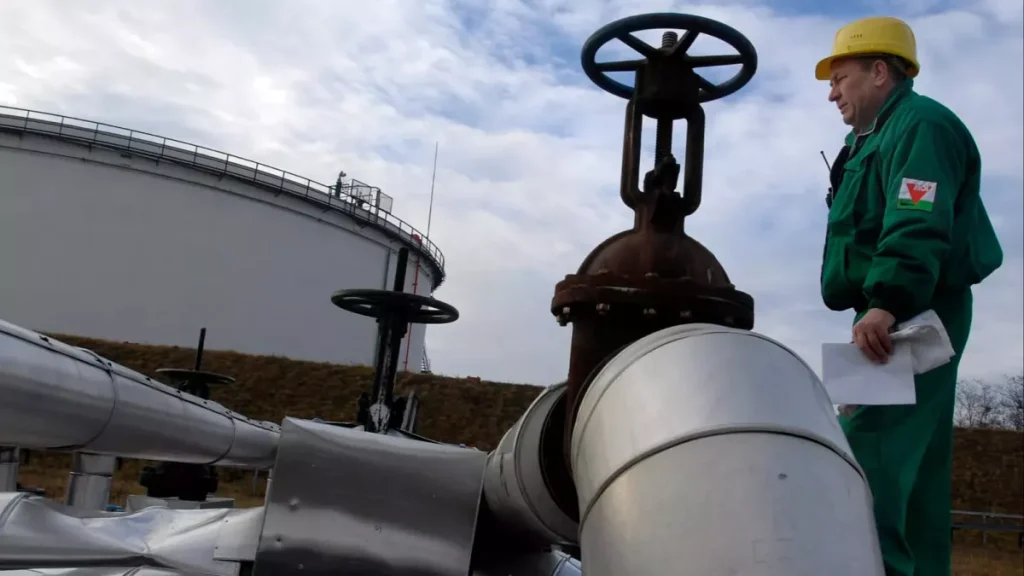Slovakia has pushed back against mounting pressure to reduce its purchases of Russian energy, stating it is open to discussions but highlighting that some European nations have increased their gas imports from Moscow.
Reliance on Russian Supplies
The populist governments of Slovakia and Hungary—both European Union members—have maintained political ties with Russia.
Moscow still provides the majority of their oil needs. Both countries argue that shifting away from Russian energy would be prohibitively expensive after years of building infrastructure around it.
Rising Pressure From the U.S. and EU
In recent weeks, pressure has grown following U.S. President Donald Trump’s call for the EU to completely end Russian energy imports.
In response, the European Union accelerated its 19th sanctions package on Russia, aiming to phase out all Russian energy imports by early 2027.
Slovakia’s Position
“We don’t have any other options which could be sustainable and affordable,” Slovak Foreign Minister Juraj Blanar told reporters during the UN General Assembly.
He stressed that diversification takes time and called for “empathy” from EU partners, noting that sanctions have not altered the course of the war in Ukraine.
Blanar warned that Slovakia could lose up to €10 billion if it were forced to break existing energy contracts running until 2034.
He also urged the EU to address high electricity prices and consider exemptions or compensation for member states most affected.
Accusations of Double Standards
Blanar pointed out what he described as hypocrisy in EU criticism of Slovakia. He noted that liquefied natural gas imports from Russia to Western Europe had risen by about 30% over the past year, naming France, Spain and the Netherlands as examples.
“The picture is more complex than black and white,” he said, rejecting portrayals of Slovakia and Hungary as Europe’s “black sheep” for maintaining contact with Moscow.
Call for Diplomacy Over War
The minister reiterated Slovakia’s stance that there is no military solution to the war in Ukraine and said diplomatic efforts must continue.
He also credited former President Trump for initiating peace negotiations with Russia.
“Any forcible change of internationally recognized borders is unacceptable to Slovakia,” Blanar said. “From the start, we have called for diplomacy and continue to do so more than three and a half years on.”






